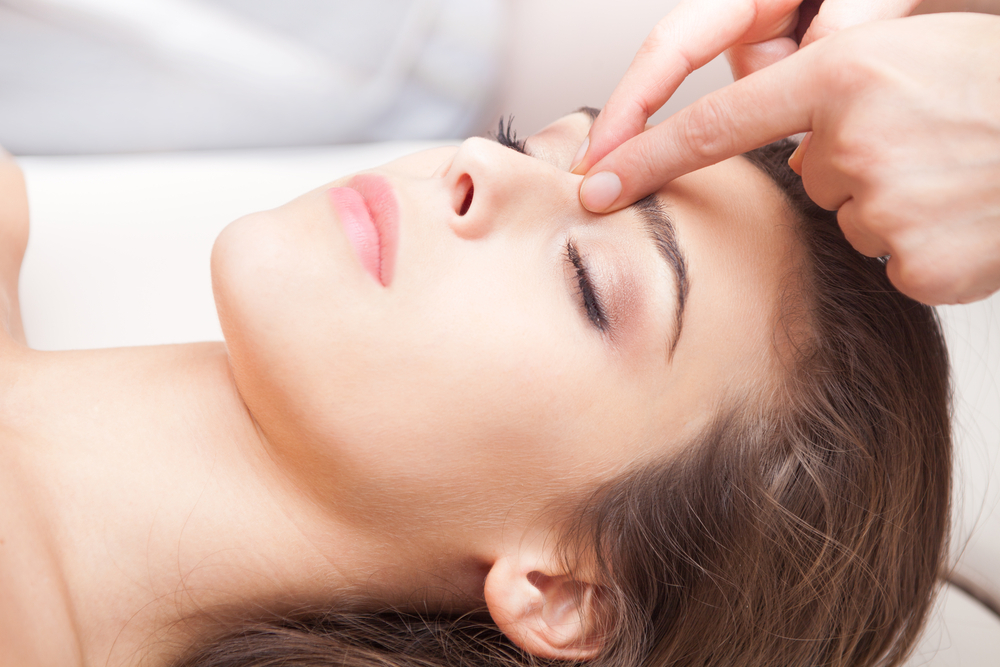If you suffer from the pain of temporomandibular joint disorder, you probably have days when the pain and stiffness in your jaw is so out of control you’d try just about anything to get relief, no matter how new and unconventional it was. But while there are new advances in medical science every day, sometimes it can help to go with something a little older. As in, centuries older. Though you may not have tried it or even heard of it, acupressure has been around for a long time, with the oldest dated text on acupressure techniques dating back to around AD 282. Acupressure is an ancient form of what is known as “touch therapy,” which works under the same principles as acupuncture, but instead of using needles, the pressure points are stimulated by the hands, or more specifically the fingertips. Much like with the many areas of the rest of the body, there are many acupressure pressure points that can potentially help with the symptoms of temporomandibular joint disorder. Though it may not work for everyone, acupressure provides another option to try in conjunction with your current TMJ disorder treatment plan. A few pressure points that are recommended by acupressure therapists for treating temporomandibular joint disorder include the Wind Pool technique, the Listening Place, the Jaw Bone Point, the Wind Screen and the Triple Warmer, among others. Though these techniques can be performed at home, it is best to visit a certified acupressure therapist to be evaluated first. He or she can perform these techniques on you and gauge your response. If they work and you continue with your therapist, great! If you prefer to try them at home, your therapist can instruct you in the proper way to perform them yourself if possible. If this sounds like something you would like to try for your temporomandibular joint pain, speak to Dr. George before beginning any acupressure, physical therapy or other medical regimen. She can evaluate your condition and make sure you are a good candidate for this type of therapy, and can even recommend some physical therapy techniques you can do on your own. To schedule an evaluation with Dr. George, please call 724-220-2347.
Acupressure May Lessen TMJ Pain


